Cats use meowing as a form of communication, but excessive vocalization can sometimes indicate an issue. Some breeds, like Siamese cats, are naturally talkative, while others are quieter. However, if your cat suddenly starts meowing more than usual, it could be due to hunger, stress, illness, or a desire for attention.
In this guide, we’ll explore why cats meow, what different meows mean, and how to manage excessive vocalization.
1. Why Do Cats Meow?
Unlike dogs, who bark for many reasons, cats typically reserve their meows for communicating with humans rather than other cats. Wild cats rarely meow at each other, so this behavior has been developed through domestication.
Common Reasons Cats Meow:
✔ Hunger or food requests – “Feed me now!”
✔ Attention-seeking – “Play with me!”
✔ Greeting their owner – “Hello, welcome home!”
✔ Loneliness or boredom – “I need company.”
✔ Stress or anxiety – “Something is wrong.”
✔ Medical issues – “I don’t feel well.”
Understanding the context and tone of your cat’s meows can help you determine what they need.
2. Decoding Different Types of Meows
Cats have different vocalizations depending on what they’re trying to express.
Common Types of Cat Meows & What They Mean:
🔹 Short, soft meow – A friendly greeting (e.g., “Hi, human!”)
🔹 Repeated, loud meows – Demanding food or attention
🔹 Chirping or chattering – Excitement, often when watching birds
🔹 Low-pitched, long meow – Complaint or frustration
🔹 Yowling or howling – Possible distress, mating call, or medical issue
🔹 Silent meow – Some cats open their mouths but make no sound (adorable but still a request for attention!)
If your cat is meowing excessively, pay attention to their tone, body language, and the situation.
3. Breeds That Meow More Than Others
Some cat breeds are naturally more vocal than others. If you have one of these breeds, expect frequent conversations:
🐾 Siamese – Extremely vocal and expressive
🐾 Bengal – Chatty and active
🐾 Maine Coon – Gentle meows, but frequent communicators
🐾 Oriental Shorthair – Loud and talkative
🐾 Sphynx – Very expressive, loves interaction
On the other hand, breeds like Persian, British Shorthair, and Ragdoll are typically quieter.
4. Common Reasons for Excessive Meowing (And How to Fix It)
🚨 1. Your Cat Is Hungry or Asking for Treats
Signs:
- Meowing near the food bowl
- Increased vocalization around mealtime
✅ Solution:
- Stick to a regular feeding schedule.
- Avoid giving food every time they meow, or they’ll learn to beg.
- Use puzzle feeders to make meals more engaging.
🚨 2. Your Cat Wants Attention or Playtime
Signs:
- Meows while following you around
- Stops meowing when you play with them
✅ Solution:
- Schedule daily play sessions to keep them stimulated.
- Ignore attention-seeking meows if their needs are met (don’t reward bad behavior).
🚨 3. Your Cat Is Bored or Lonely
Signs:
- Meows when left alone for long periods
- Shows signs of destructive behavior
✅ Solution:
- Provide interactive toys and scratching posts.
- Consider getting a second cat for companionship.
- Leave on soft music or a TV show when you’re away.
🚨 4. Your Cat Is Stressed or Anxious
Signs:
- Excessive meowing when new changes happen (moving, new pet, new baby)
- Hiding, pacing, or excessive grooming
✅ Solution:
- Keep their routine consistent.
- Use calming sprays or pheromones (like Feliway).
- Give them a safe space (a cozy bed or hiding spot).
🚨 5. Your Cat Is Sick or in Pain
Signs:
- Meowing more than usual, especially at night
- Change in appetite, grooming, or litter box habits
✅ Solution:
- If your cat suddenly changes their vocalization habits, take them to the vet immediately.
- Conditions like hyperthyroidism, kidney disease, or pain can cause excessive meowing.
5. What to Do If Your Cat Meows at Night
Nighttime meowing is a common problem, especially in active or older cats.
Why Do Cats Meow at Night?
🌙 They have extra energy – Cats are naturally active at dawn and dusk.
🌙 They’re lonely – Some cats seek company at night.
🌙 They want food – If they eat dinner too early, they might be hungry.
🌙 They have cognitive issues – Senior cats may develop feline dementia.
How to Stop Nighttime Meowing:
✔ Play with your cat before bedtime – Tire them out!
✔ Feed them a small meal before bed – Reduces hunger meows.
✔ Provide a warm sleeping spot – A cozy cat bed near you can help.
✔ Ignore the meowing – If you give in, they’ll keep doing it!
6. When to See a Vet
If your cat’s meowing suddenly increases or changes in tone, it could be a sign of an underlying health issue.
🚨 Signs That Require a Vet Visit:
- Meowing more than usual without an obvious reason
- Sudden weight loss, vomiting, or change in appetite
- Meowing while using the litter box (possible UTI)
- Loud, distressed howling at night (especially in senior cats)
Regular vet checkups ensure your cat is healthy and comfortable.
Final Thoughts
Cats meow to communicate, but excessive meowing can sometimes signal an underlying issue. By understanding what your cat is trying to tell you, you can respond appropriately and ensure they are happy and healthy.
✔ If they’re hungry, stick to a feeding schedule.
✔ If they’re bored, provide toys and playtime.
✔ If they’re anxious, offer a calm and stable environment.
✔ If they seem sick, consult a vet.
Every cat has a unique personality, so take time to listen and understand your furry friend’s language! 🐱💬

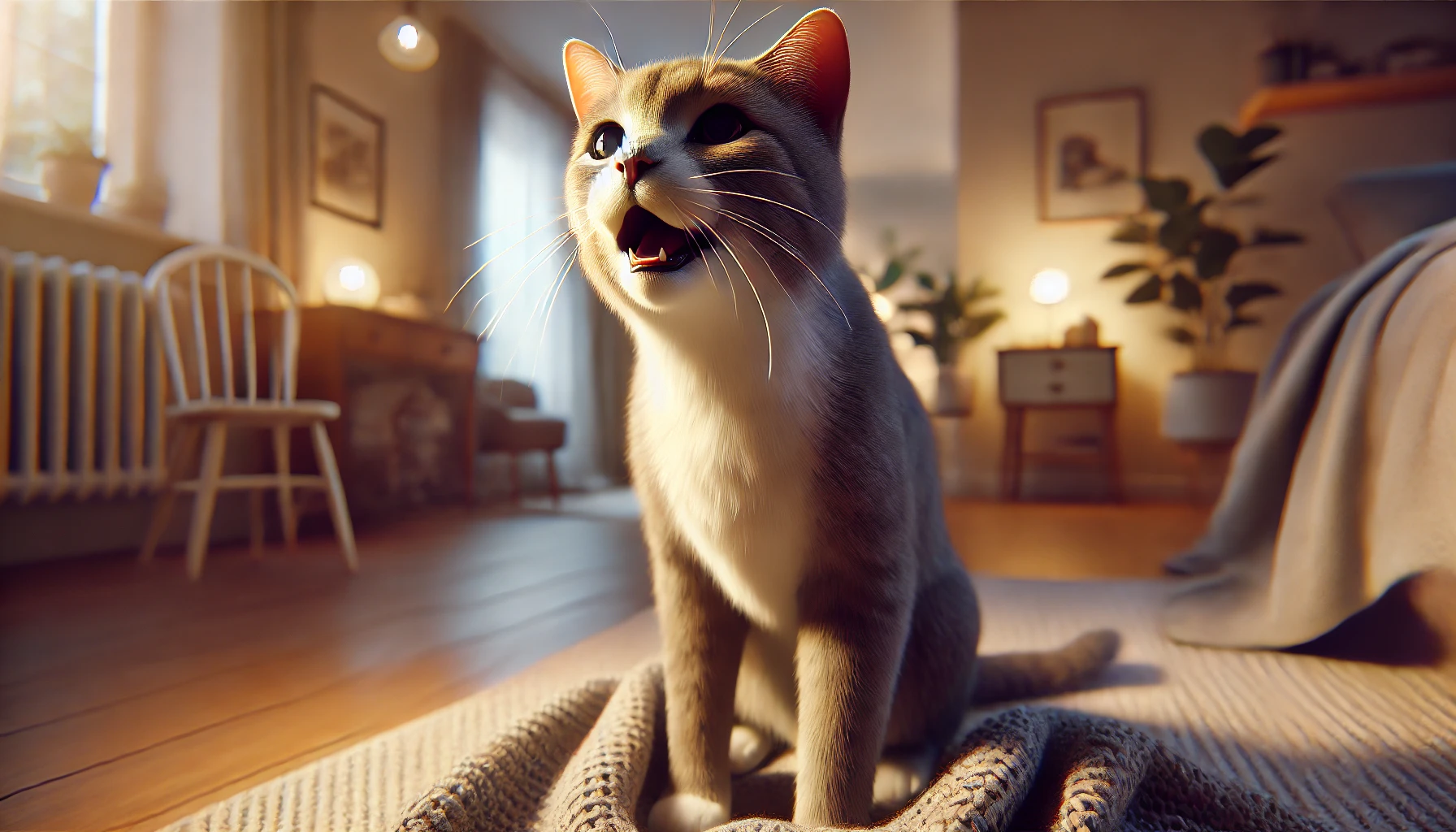
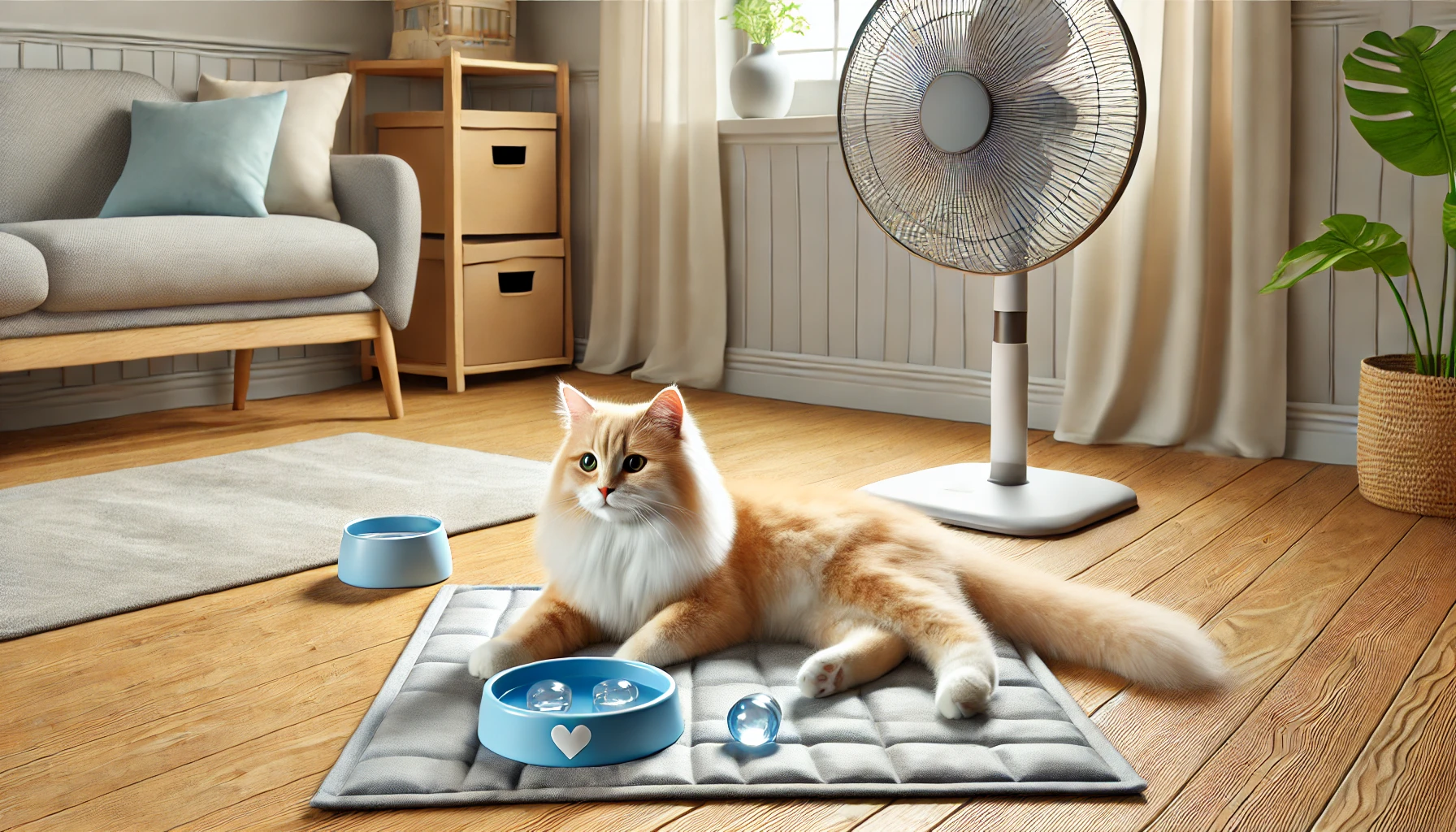
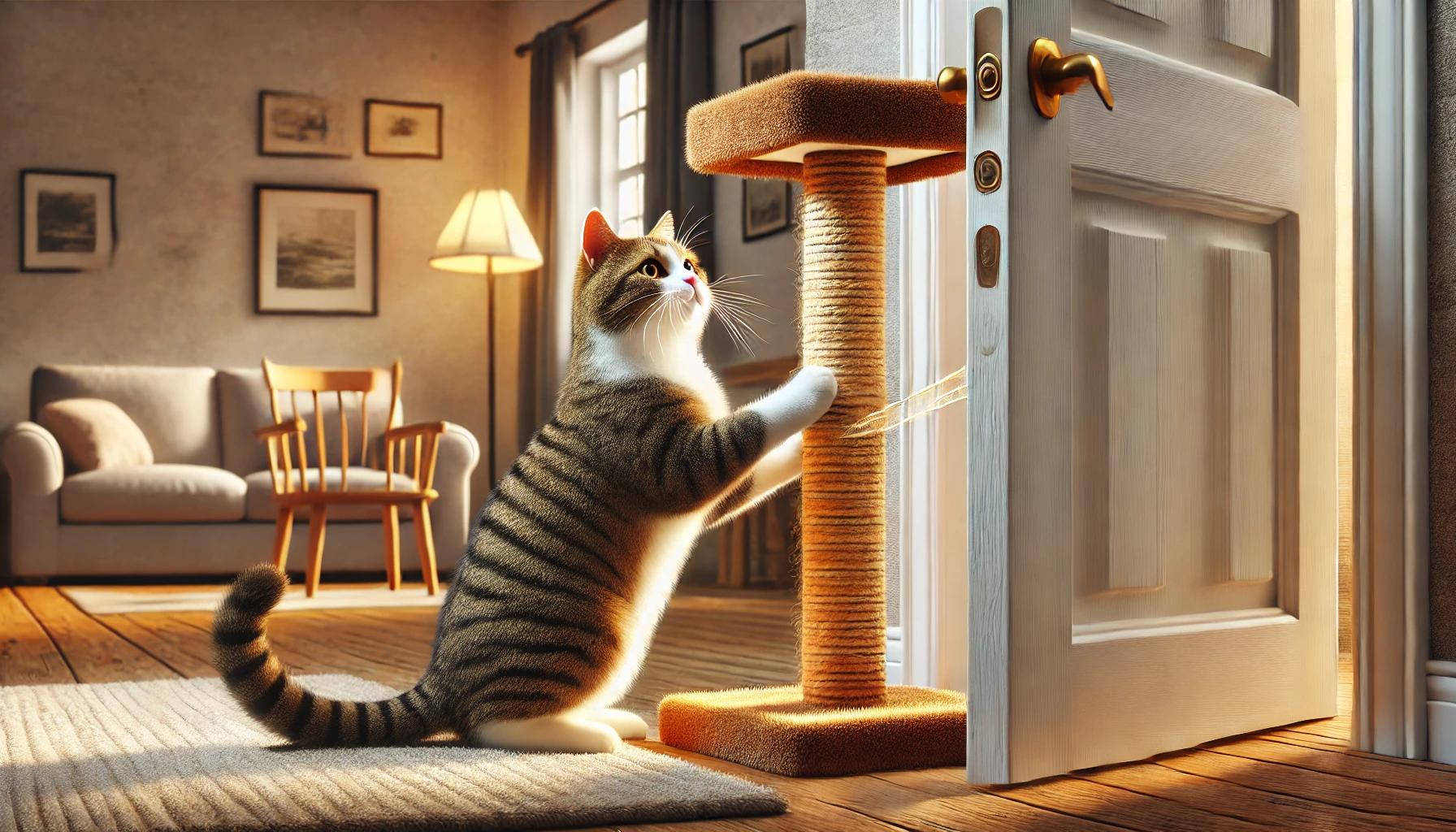
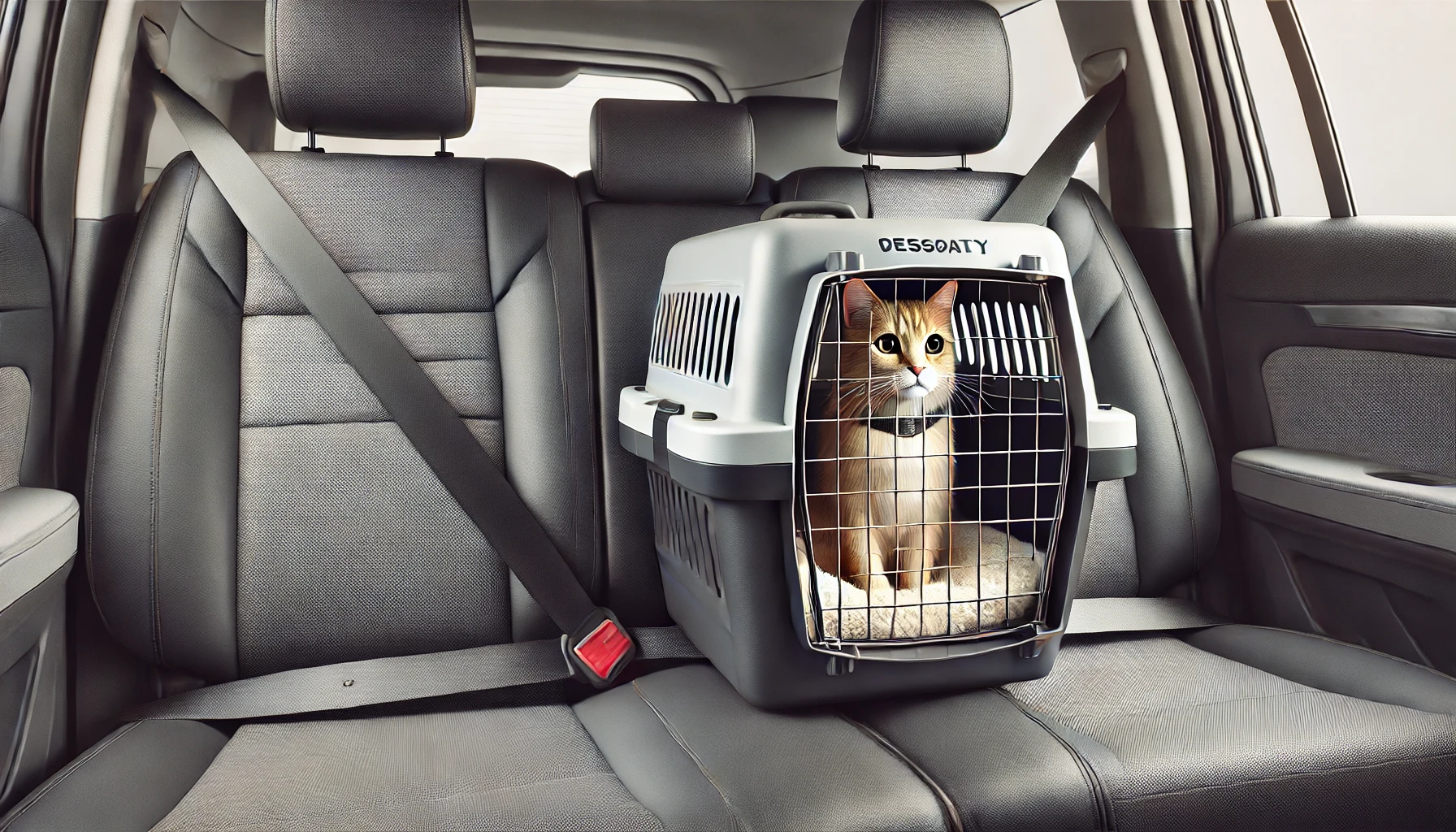
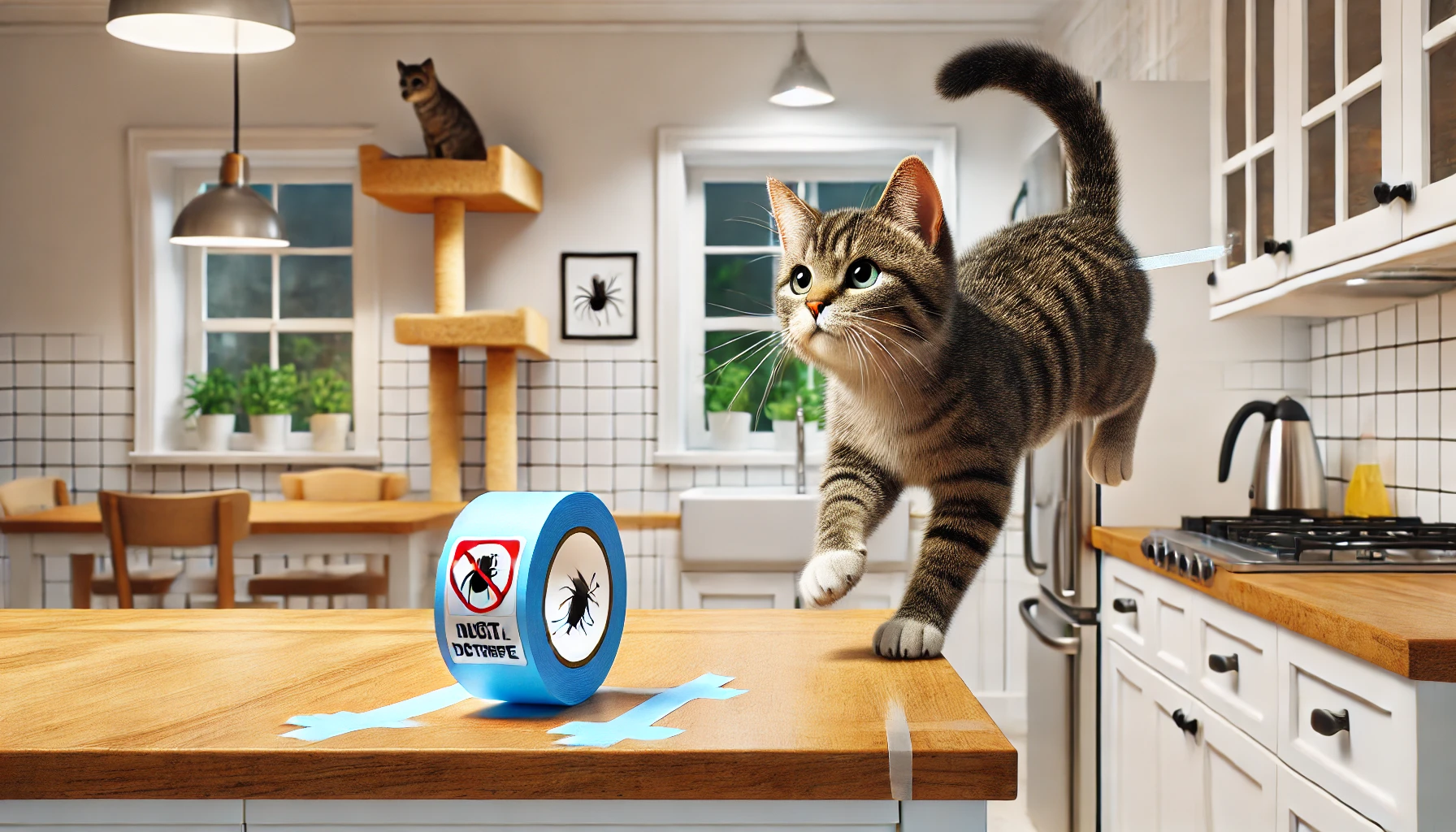
2 thoughts on “Why Do Cats Meow So Much? Understanding Feline Vocalizations”